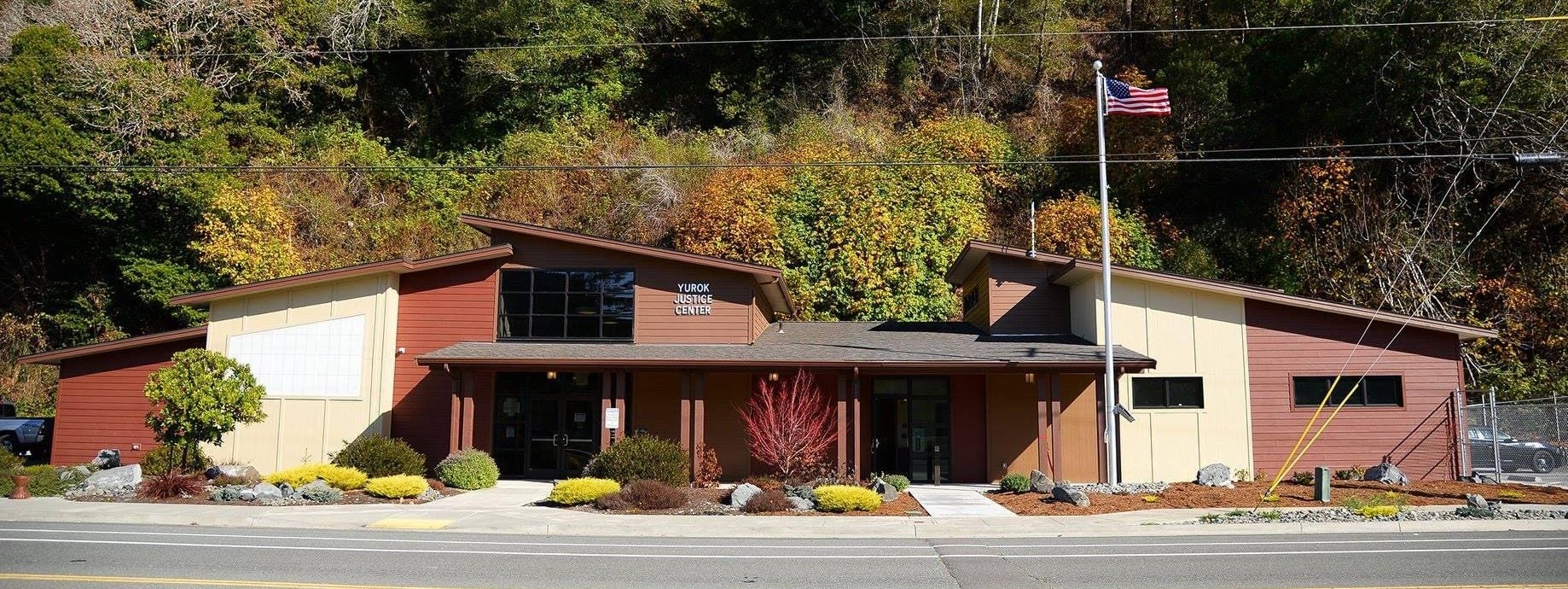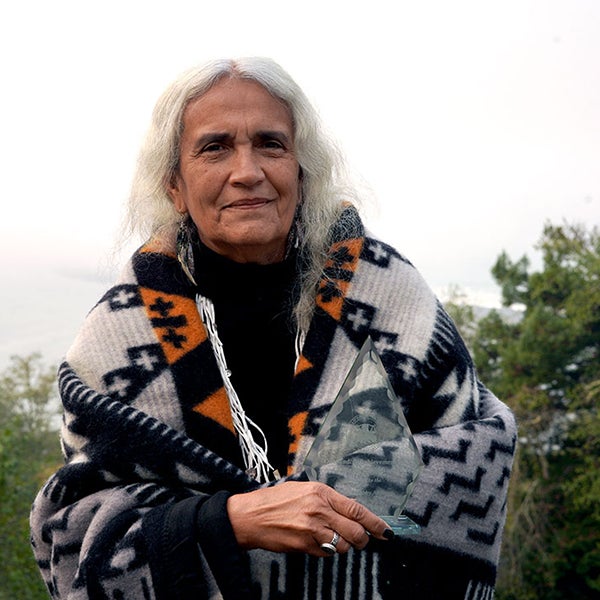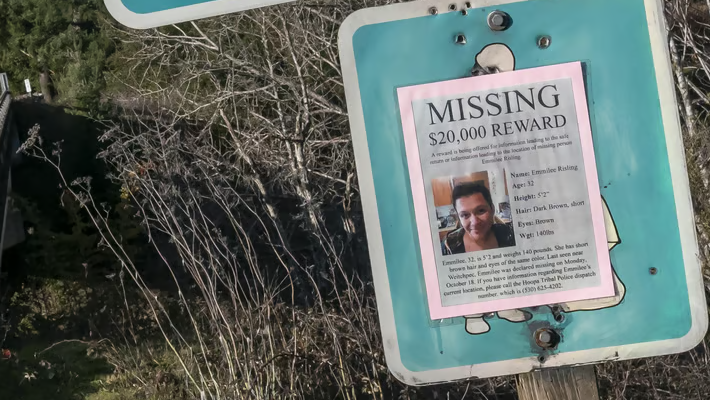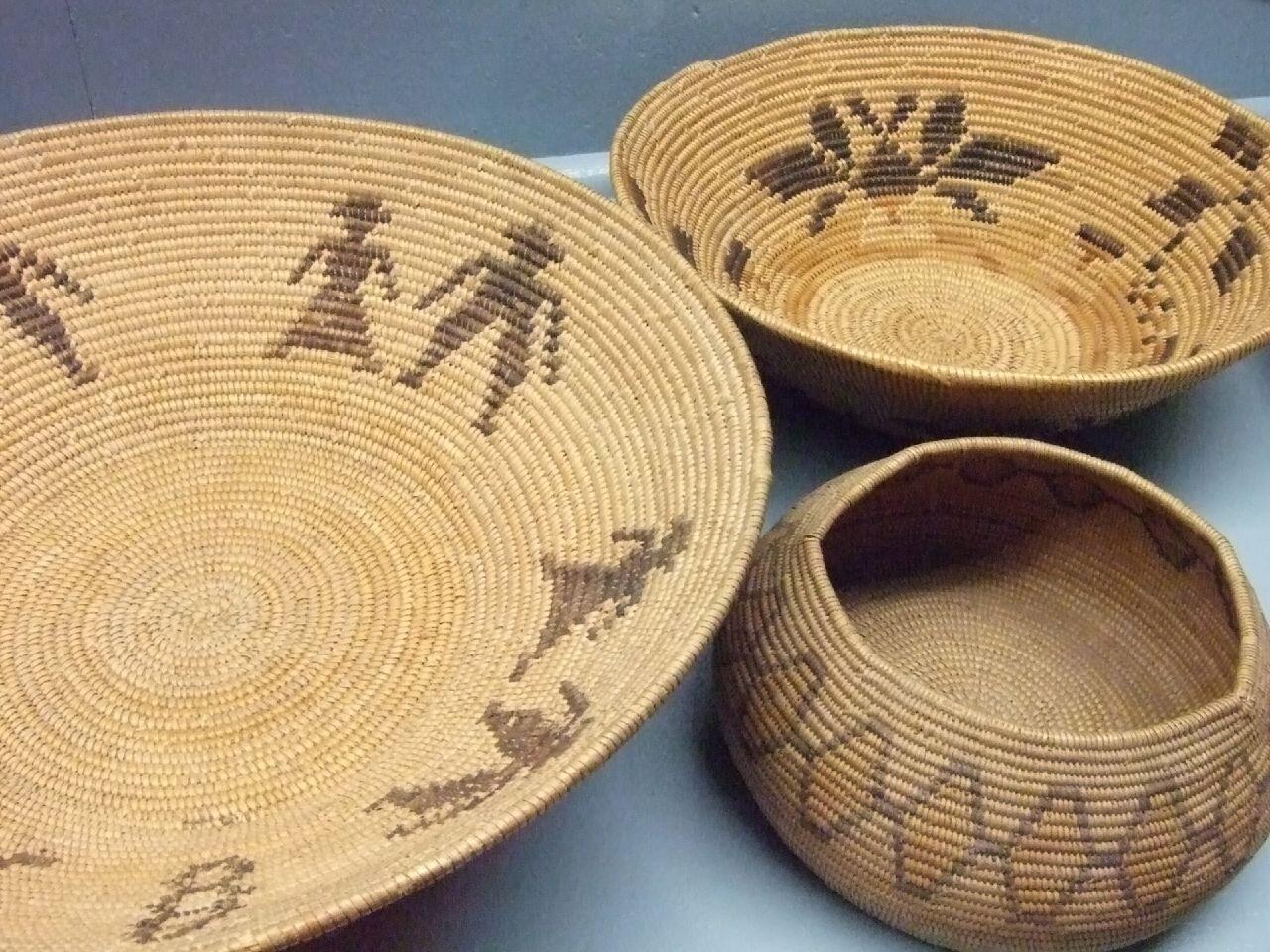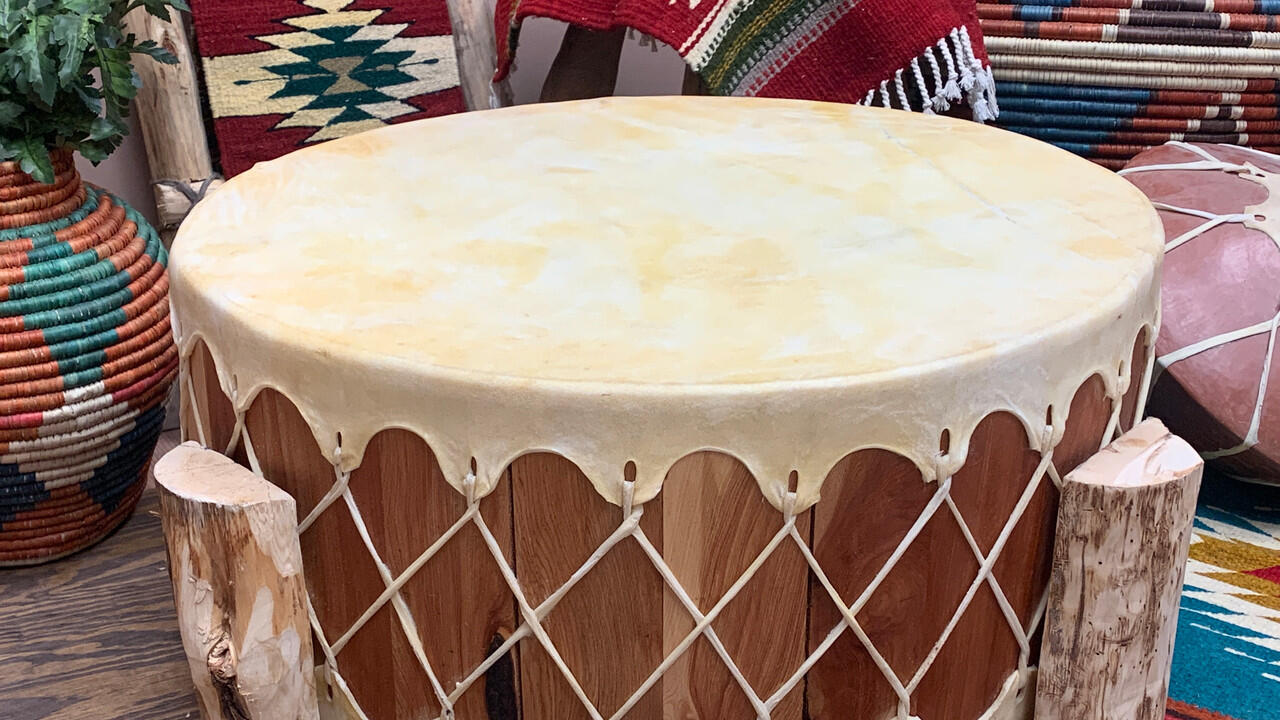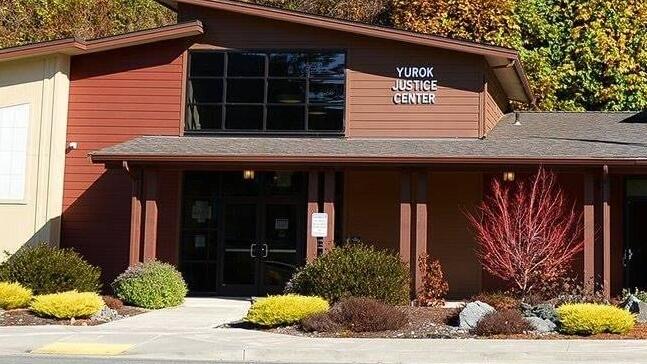
Honoring California’s Native American Judges: Judge Abby Abinanti
[Feature 1] [Feature 2] [Feature 3] [Feature 4]
Currently serving as Chief Judge of the Yurok Tribal Court, Abby Abinanti was the first Native American woman to be admitted to the State Bar of California and is the first Native American woman to serve as a judicial officer in the state of California. Judge Abinanti has served as a judge in the tribal court since 1997 and has held the title of Chief Judge since 2007. Additionally, she has served as a commissioner for the San Francisco Superior Court.
Chief Judge Abinanti also serves as co-chair of the Tribal Court-State Forum, which makes recommendations to the Judicial Council for improving proceedings where jurisdiction by the state courts and tribal justice systems overlaps.
In 2019, along with Humboldt County Presiding Judge Joyce Hinrichs, Chief Judge Abinanti presided over a Family Wellness Court to help parents end their substance use with the goal of reuniting them with their children.
As a tribal judge, Judge Abinanti is incorporating traditional culture into her courtrooms with a focus on rehabilitation. She was featured in the 2017 documentary Tribal Justice, which followed her and another tribal judge, Judge Claudette White of the Quechan Tribe, as they created these justice systems for their communities. She was also recently featured in Gutsy, a documentary by Hillary and Chelsea Clinton.
In a 2019 interview with Capitol Weekly, Judge Abinanti spoke about her work in the judicial field and why it’s important for her to build tribal justice systems. “I never intended to be a lawyer and then I became a lawyer, and I thought maybe this is why — because now I have the skill set that nobody else has that I can bring home, and we need to do some things to get ourselves ready and to move forward and I have the skill set and so to me that is my responsibility, to use that skill set and to complete this work the best I can,” she said.
This November, California courts and the Judicial Council of California join the nation in recognizing National Native American Heritage Month.
- According to the most recent U.S. Census data, California is home to more people of American Indian/Alaska Native heritage than any other state.
- Currently 109 federally recognized Indian tribes in California and several non-federally recognized tribes petitioned for federal recognition through the Bureau of Indian Affairs Office of Federal Recognition.
- California has 27 tribal courts, serving approximately 40 tribes.
- The Judicial Council provides staff to the Tribal Court-State Court Forum, as well as education and technical assistance on the Indian Child Welfare Act, violence prevention, and tribal justice systems.


